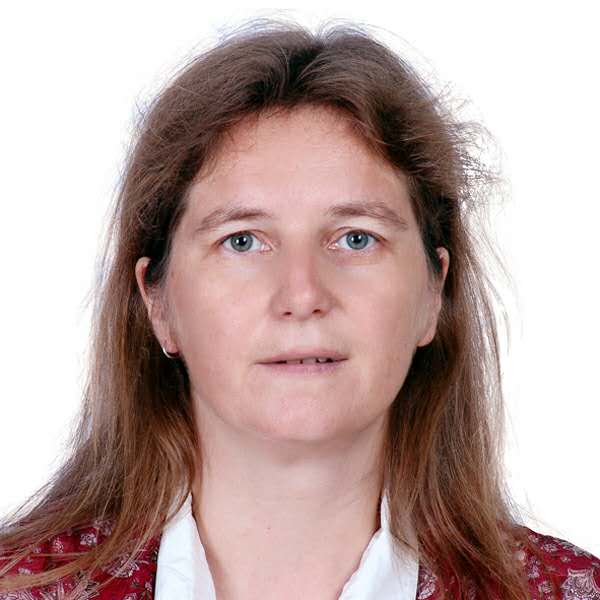
Claudia Kunschak
Claudia Kunschak is Associate Professor at the College of International Relations at Ritsumeikan University in Kyoto, Japan. She received her MA in Interpreting from the University of Vienna (1992) and her PhD in Education from the University of Arizona (2003). Having taught at universities in Austria, China, Scotland, Spain, Ukraine and the US, she is the recipient of two teaching awards, one from the Universidad Europea de Madrid, Spain, and the other from Shantou University, China. Her research interests include intercultural communication, multilingualism and English as a Lingua Franca. Among her preferred research paradigms and methods are action research, focus groups and trandisciplinary collaboration.
Language and culture have always been closely linked and at the same time variously essentialized or sanitized in the history of English language teaching. While institutions and national governments have attempted to steer language learning and culture preservation into a particular direction, teachers and students have often been conflicted about whose language to learn and whose culture to emulate. Some current paradigms in applied linguistics and anthropology that challenge this conservative top-down viewpoint and place agency in the hands of teachers and learners include English as a Lingua Franca, superdiversity and transculturalism. These paradigms reflect real world developments in an age of multilingual subjects and multicultural societies and constitute evidence-based authentic practices that could be more widely applied in the language classroom. However, mainstream language policy makers and majority stakeholders often reject these paradigms as they question the status quo and disrupt the hierarchies of power. This presentation will examine the potential of these concepts as agents for change in ELT based on a review of the literature as well as selected case studies of developments at various internationalized institutions of higher education in Asia, Europe and the US. Examples will include language policy decisions, teacher beliefs and practices, as well as classroom activities and extra-curricular offers. It will be argued that translingual and transcultural practices that honor and expand the repertoire of the learner are both theoretically sound and practically empowering. These practices should be modeled and encouraged within teacher communities of practice as well as introduced and negotiated in the language classroom.